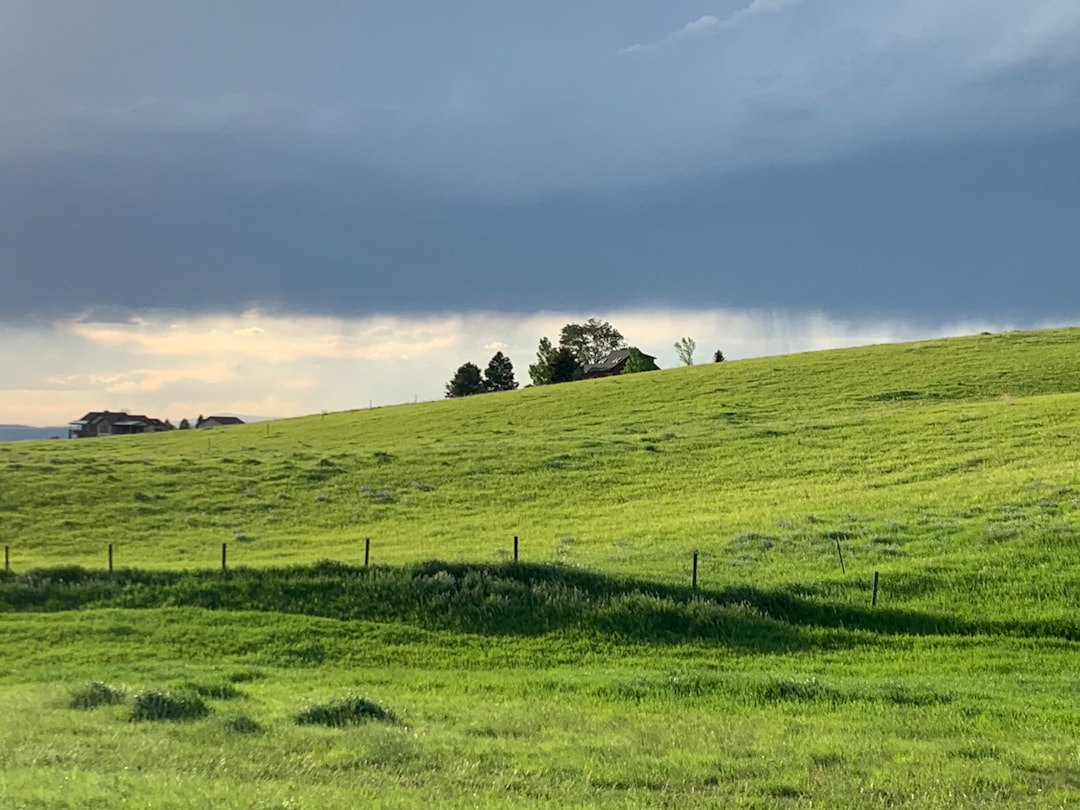Children in Montana are increasingly vulnerable to spam calls, which can cause anxiety and confusion. To combat this issue, parents, caregivers, and educators should educate kids about phone safety and scam awareness. Understanding the Telephone Consumer Protection Act (TCPA) is vital for protection against unwanted calls. Teaching children to recognize and block such calls enhances digital literacy while safeguarding personal information. Open conversations about scams empower kids to make informed decisions, fostering a safer digital environment for Montana's youth. Key actions include educating about privacy settings, reporting suspicious calls to a Spam Call Law Firm in Montana or TCPA lawyer, and using call-blocking apps.
In today’s digital age, teaching children about phone safety and scam awareness is more crucial than ever. Montana residents face unique challenges with spam calls, which can have a significant impact on youth. This article explores best practices to empower kids with digital literacy, navigate the Telephone Consumer Protection Act (TCPA) and Montana laws, and protect them from malicious spam calls. Learn practical strategies, encourage open communication, and discover how a spam call law firm in Montana can assist in safeguarding our young ones.
Understanding Spam Calls and Their Impact on Children in Montana

Children in Montana, like many parts of the country, are increasingly exposed to a new type of modern-day menace: spam calls. These unwanted phone communications, often containing pre-recorded messages or automated prompts, can have a significant impact on young minds. The constant barrage of unknown numbers calling with promotional offers, scams, or even threatening language can cause anxiety and confusion among children. This is especially true when such calls target personal information or attempt to trick them into revealing sensitive data.
To combat this issue, it’s essential for parents, caregivers, and educators in Montana to educate children about phone safety and scam awareness. Understanding the laws that protect them from spam calls, such as the Telephone Consumer Protection Act (TCPA), is a crucial step. By teaching kids how to recognize and block these calls, they can gain valuable digital literacy skills while also safeguarding their personal information and well-being. Engaging in open conversations about potential scams and empowering children to make informed decisions regarding their phone interactions are effective strategies to create a safer digital environment for Montana’s youth.
Building Digital Literacy: Teaching Kids About Online Safety

Building digital literacy is an essential step in teaching children about phone safety and scam awareness. In today’s world, where technology plays a significant role, kids need to understand the potential risks and dangers that come with using smartphones and other digital devices. Start by educating them about online privacy settings and the importance of keeping personal information secure. Teach them never to share sensitive data like passwords, addresses, or school schedules over the phone or online without parental consent.
Encourage open communication about suspicious calls, messages, or emails. Explain that while some calls may seem legitimate, they could be spam or scams designed to trick people into revealing confidential information. Familiarize them with the concept of a “Spam Call Law firm Montana” or a “TCPA lawyer Montana” as resources to report such incidents. By doing so, you empower your children to become more cautious digital citizens and protect themselves from potential violations of the Spam Call law in Montana.
Legal Aspects: The Telephone Consumer Protection Act (TCPA) and Montana Laws

In Montana, phone safety and scam awareness are protected by both federal and state laws. The Telephone Consumer Protection Act (TCPA) is a federal law designed to curb nuisance calls and protect consumers from deceptive practices. It prohibits companies and individuals from making unwanted telephone calls using automated dialing systems or prerecorded messages without prior express consent. Violations of the TCPA can result in substantial fines, making it crucial for parents and educators to understand their implications.
Additionally, Montana has its own set of laws that complement the TCPA. These state-specific regulations further empower residents to combat spam calls and protect their privacy. If a child receives unsolicited or harassing phone calls, knowing how to report them is essential. Engaging with a reputable spam call law firm in Montana or consulting a lawyer specializing in TCPA cases can provide guidance on stopping such calls and holding perpetrators accountable under the relevant laws.
Practical Strategies to Protect Children from Spam Calls

Teaching children about phone safety and scam awareness is an essential step in protecting them from potential dangers. One of the primary concerns is spam calls, which can be particularly upsetting for young individuals. To help mitigate this issue, parents and educators can employ several practical strategies. Firstly, educate children about the existence of spam calls and how they operate. Explain that these are unsolicited calls often containing marketing messages or attempts to trick people into sharing personal information.
Practical steps include installing call-blocking apps specifically designed to prevent spam calls in Montana. Many phone service providers also offer built-in protections. Encourage children to never answer unknown numbers, and instead let it go to voicemail. If a suspicious call is received, they should report it to a reliable adult or contact a spam call law firm in Montana for guidance on the next steps, especially if there’s any concern about their personal information being compromised. Remember, knowledge is power, and empowering children with these tools can significantly enhance their digital safety.
Encouraging Open Communication: Talking to Kids About Scam Awareness

Encouraging open communication is a vital step in teaching children about phone safety and scam awareness. Create a safe space where they feel comfortable asking questions and sharing their experiences, especially if they’ve received suspicious calls or encountered online scams. Use simple, age-appropriate language to explain that not all interactions on the phone or internet are genuine. Teach them to recognize potential red flags, such as unexpected calls from unknown numbers, demands for personal information, or promises of free prizes.
Involve children in discussions about how to handle spam calls, explaining that Montana has laws in place to protect residents, like the Telephone Consumer Protection Act (TCPA). Introduce them to the concept of a “spam call law firm” or “spam call lawyers” in Montana who specialize in dealing with unwanted calls. This can help demystify the process and empower kids to take action if they ever become victims of phone scams.






